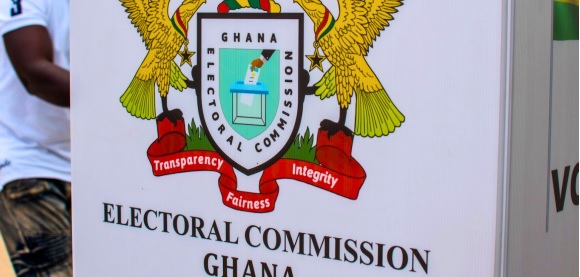
Let’s digitise transmission of electoral results
As the nation awaits the declaration of parliamentary results in nine constituencies, almost two weeks after the December 7 election, it has become increasingly evident that Ghana's electoral process is in need of a technological overhaul.
The delays in declaring results in the Nsawam-Adoagyiri, Ahafo Ano South West, Ahafo Ano North, Obuasi East, Dome-Kwabenya, Okaikwei Central, Ablekuma North, Tema Central, and Techiman South constituencies, largely attributed to disputes over result collation and declaration by returning officers, underscore the imperative for a more efficient and technology-friendly approach to transmitting results.
The Electoral Commission’s (EC’s) current means of receiving results from regional offices is a stark reminder of the need for modernisation.
It is noteworthy that the two major political parties, the New Patriotic Party and the National Democratic Congress, were able to obtain the presidential election results within hours of the polls closing, while the EC was still awaiting results from regional offices
The Daily Graphic posits that the country must rethink and adopt a more digital-friendly approach to transmitting results. If it is the law that is preventing the EC from adopting technology to transmit results, it must take steps to have it reviewed. According to Constitutional
Instrument (CI)127, the EC has 72 hours after the close of polls to declare the results.
Important changes have been made to the electoral process to strengthen transparency and increase confidence in election outcomes, including allowing political parties to have copies of the record of poll (pink sheets) at polling stations. In fact, it is these pink sheets that the political parties use to collate results after the close of polls.
The tension, anxiety, and conflicts associated with the delay in the declaration of results can be reduced, if not eliminated, if a more friendly mode of transmitting results is adopted in this digital age.
The Daily Graphic urges the EC to tap into technological advances to improve the efficiency and effectiveness of the electoral process.
We believe that the deployment of technology by the EC would enable the Commission to declare election results ahead of the political parties and other stakeholders, thereby contributing to easing the tension and anxiety associated with the delay in releasing results.
The benefits of investing in technology for the electoral process are multifaceted. Not only would it enhance the efficiency and transparency of the process, but it would also help to build trust among citizens and stakeholders.
Furthermore, technology can help to reduce the risk of human error and manipulation, ensuring that the results of the election accurately reflect the will of the people.
It is also worth noting that the use of technology in the electoral process is not a one-time investment, but rather an ongoing process that requires continuous updating and improvement.
The EC must therefore commit to investing in the necessary infrastructure and human resources to ensure that the technology is used effectively and efficiently.
The EC's announcement of plans to bring the closing time of polls from 5 pm to 3 pm in 2028 is a step in the right direction, but this requires careful planning, investment and involvement of all stakeholders.
As far as the removal of bureaucratic processes and administrative bottlenecks is concerned, we contend that there is no need for regional collation centres, as they do not contribute to the efficiency and effectiveness of the processes, except to cause delays.
The time to invest in technology is now. The citizenry expects a more efficient system by 2028.
